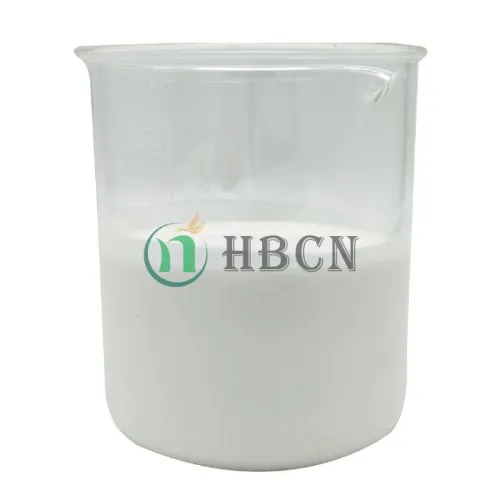
Jul . 15, 2024 16:18 Back to list
Impact of systemic insecticides on insect populations in agricultural ecosystems
Systemic insecticides are a class of pesticides that are designed to be absorbed by plants and then spread throughout the entire plant system, including the leaves, stems, and roots. This makes them highly effective at controlling a wide range of insect pests, as the insects ingest the insecticide when they feed on the plant's tissues.
One of the key advantages of systemic insecticides is their long-lasting effectiveness. Since they are distributed throughout the entire plant, they can provide protection against pests for an extended period of time, even after application. This can help reduce the need for frequent reapplications, making them a cost-effective option for farmers and gardeners.
Another benefit of systemic insecticides is their ability to target specific pests while minimizing harm to beneficial insects. By being absorbed by the plant, systemic insecticides can selectively target the insects that feed on the plant, while sparing insects that do not pose a threat. This targeted approach can help maintain a healthy balance of insect populations in the ecosystem.
systemic insecticide

However, it is important to note that systemic insecticides can also have drawbacks. One potential concern is the potential for environmental contamination. Since systemic insecticides are absorbed by plants, there is a risk that they can be transferred to non-target organisms, such as pollinators or other beneficial insects, through contact with the plant's tissues. This can have negative impacts on biodiversity and ecosystem health.
Another consideration is the potential for insect resistance to develop over time. Just like with other types of pesticides, repeated use of systemic insecticides can lead to the development of resistance in pest populations. This can reduce the effectiveness of the insecticide and necessitate the use of alternative control methods.
In conclusion, systemic insecticides are a powerful tool for controlling insect pests in agriculture and horticulture. Their ability to provide long-lasting protection and target specific pests make them a valuable option for integrated pest management programs. However, it is important to use systemic insecticides judiciously and consider the potential risks and drawbacks associated with their use. By incorporating other pest control strategies and minimizing pesticide exposure, we can ensure the sustainable and effective management of insect pests in our crops and gardens.
-
Azoxystrobin: Broad-Spectrum Fungicide Solutions
NewsAug.11,2025
-
Best EPA Boscalid: Superior Crop Fungicide for Max Yields
NewsAug.11,2025
-
Best Willowood Imidacloprid: Superior Pest Control Solutions
NewsAug.10,2025
-
Best EPA Boscalid Fungicide: Ultimate Crop Protection
NewsAug.09,2025
-
Cyprodinil Fungicide: Broad-Spectrum Crop Protection
NewsAug.08,2025
-
Tembotrione Herbicide: Advanced 8% OD for Broad Spectrum
NewsAug.07,2025
